Command Palette
Search for a command to run...
Work Continues Without Stopping Due to Epidemic Prevention, Haidian Court Holds Remote Hearing via Internet
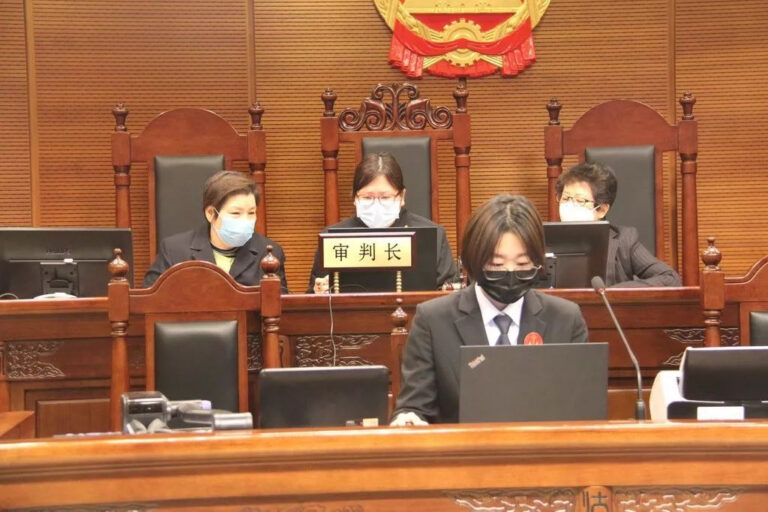
During the anti-epidemic period, in order to prevent infection, everyone has stayed at home and started remote work, online classes, online medical consultations... The courts have also started "online trials" during this special period. The plaintiff and the defendant do not have to come to the court site, but can participate in the trial remotely through the mobile client.
The epidemic situation remains severe. Those workers who stick to the front line are risking their lives and working overtime every day, bravely going against the tide in this difficult battle against the epidemic.
At this moment when the whole nation is fighting against the epidemic, there are some lovely people who have already returned to their jobs and are silently contributing to this "war against the epidemic" in their own way.
On February 3, Beijing Haidian Court held a unique trial:Remote hearings.This is a special measure taken by the court in response to the current special circumstances.
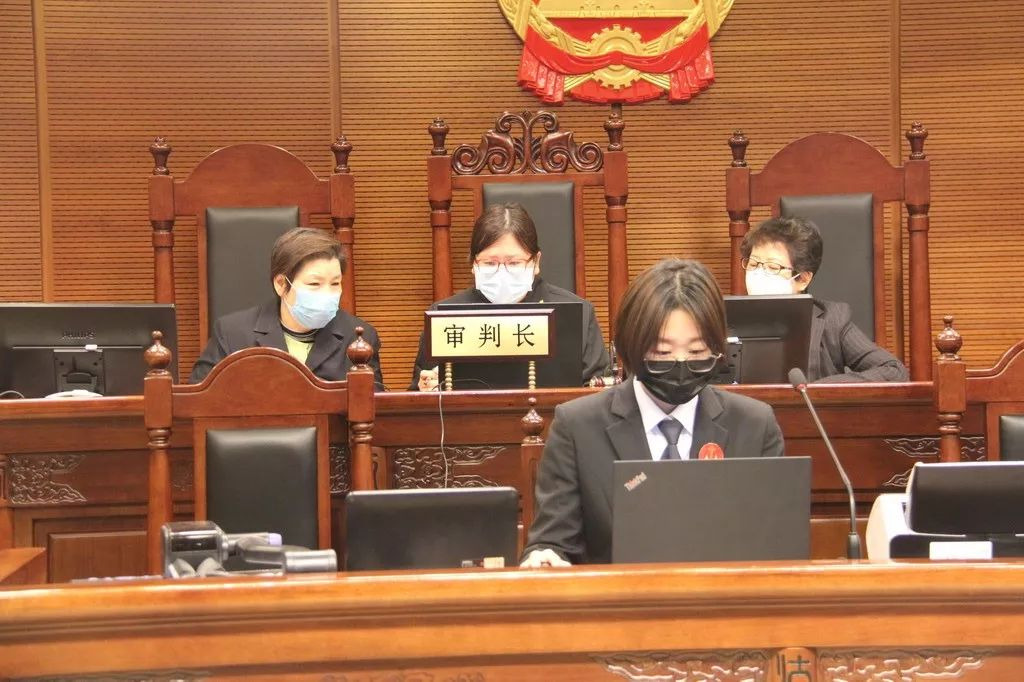
This type of remote court hearing not only protects the life, health and safety of litigation participants, but also safeguards the legitimate rights and interests of the parties to the litigation, which can be said to kill two birds with one stone.
The court held a virtual hearing, with the plaintiff and defendant appearing in court at different locations
At 9:30 am on February 3, the Beijing Haidian Court opened the trial on time. However, apart from the presiding judge, judges, jurors and several other staff members, the plaintiff's seat, the defendant's seat and the audience seats were all empty.
It turns out that in order to cooperate with epidemic prevention work and protect the rights and interests of the parties, the Beijing Haidian Court chose to conduct a "cloud" trial through the Internet system. The plaintiff and the defendant "appeared in court" in a different place, and the trial process was conducted through the Internet trial system.
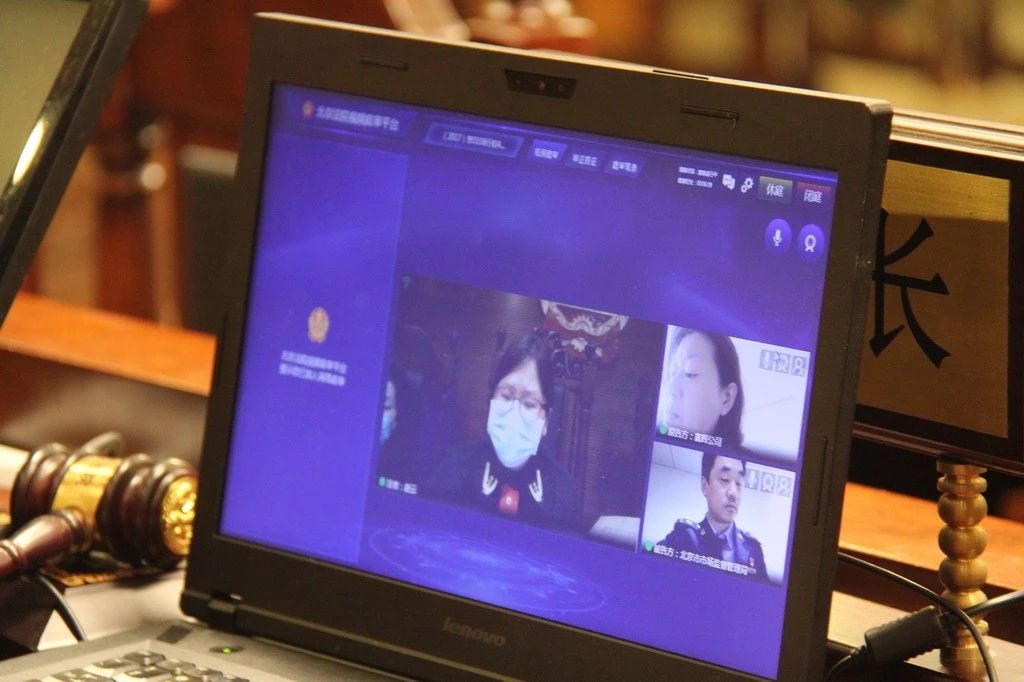
It is understood that the case to be heard by the Haidian Court this time is that the plaintiff, Beijing Saihui Technology Co., Ltd., is dissatisfied with the administrative handling made by the defendant, Beijing Municipal Administration for Market Regulation.
The case was originally scheduled to go to trial on the morning of January 31, but the holiday was extended to February 2 due to the epidemic.
Since the third party involved in this case is French, the parties involved need to handle the foreign-related announcement themselves, which is costly and time-consuming.
After receiving the notice of the holiday extension, the judge and the clerk considered the above factors andAfter careful consideration, it was decided that the case would be heard using the remote hearing system.The court session will be postponed to the morning of February 3.
After finalizing the plan for remote court hearings, the staff of the technical support department of Haidian Court devoted themselves to debugging the system and equipment during the holidays.
On February 2, the Haidian Court conducted the final debugging of the system. At about 5 pm that day, the engineer successfully debugged the system and connected the parties online to conduct detailed training on the use of the Internet trial system and conducted a mock trial to ensure the smooth progress of the trial.
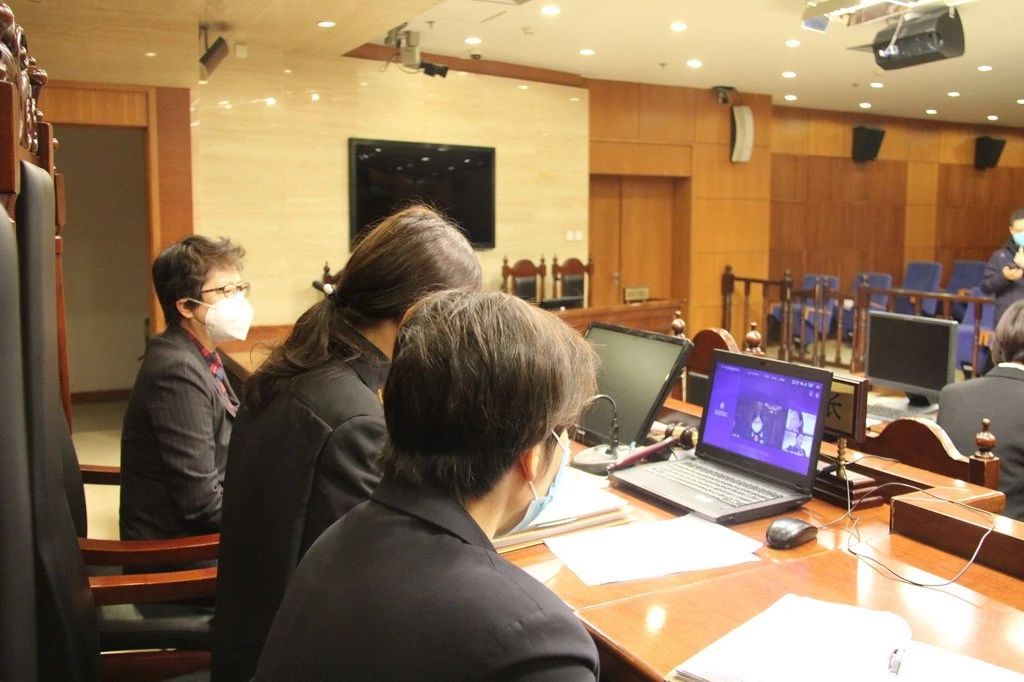
At 9:30 a.m. on February 3, Judge Zhao Yun entered the meeting number to open the Internet trial system. The plaintiff and the defendant's agents logged in through their mobile phones at home and at work.Remote Internet Trial SystemParticipated in the trial.
After an hour, the online trial ended smoothly. The court said that in the critical stage of the joint fight against the epidemic, this method not only protected the rights and interests of the parties, but also contributed to the epidemic prevention work.
During the epidemic, court trials in many places are "open all the time"
As the epidemic rages, courts across the country have conducted trials online.On February 3 alone, dozens of cases were concluded online.
We will use the following cases to understand how the "Online Court" conducts trials during the epidemic.
Beijing Tongzhou District People's Court: On the morning of the trial day, Tang Xinghua, a summary trial judge of Tongzhou Court, struck the gavel and held an open online hearing to hear a case involving a sales contract dispute.
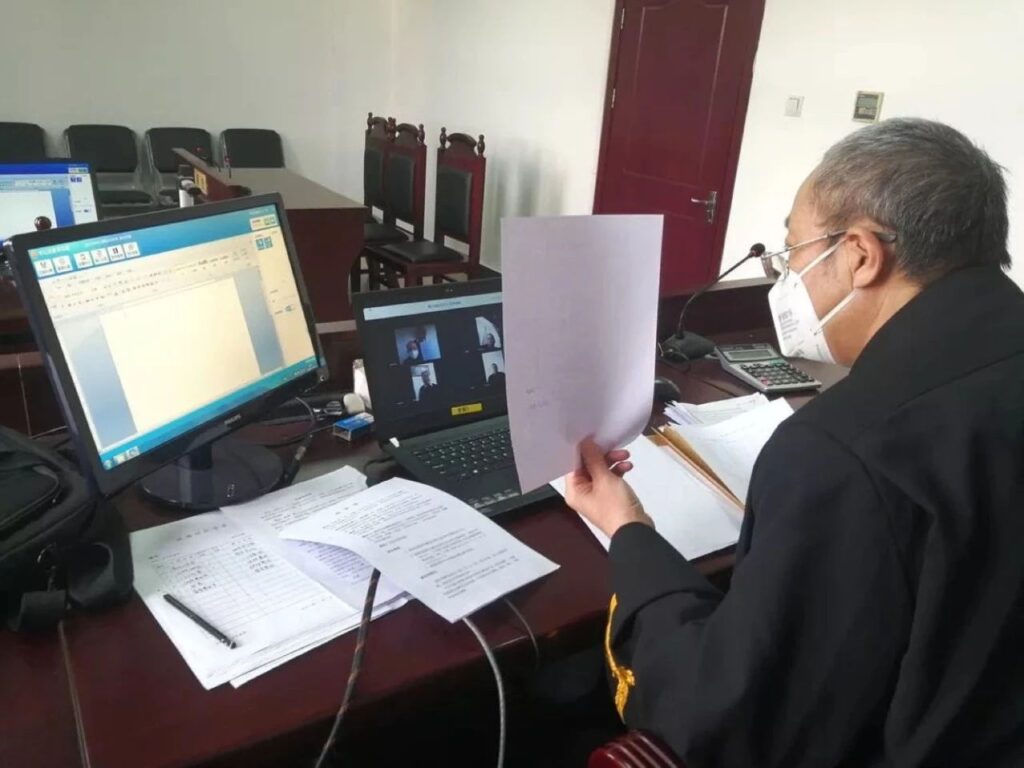
The people's jurors and the plaintiff's attorney participated in the lawsuit through the online trial system in Beijing and Sichuan respectively. The defendant did not appear in court to respond to the lawsuit after being served with the notice. The parties can view the trial transcripts and sign electronically through the online platform port in real time. The trial was recorded and videotaped simultaneously.
Jiangshan City People's Court of Zhejiang Province: Through the WeChat applet "Mobile Micro Court", litigation materials are received and video mediation is conducted. On February 3, the court successfully mediated a dispute case involving overdue balance of real estate sales.
Laizhou City People's Court of Shandong Province:The People's Court of Laizhou in Shandong also heard a case of private loan dispute online. Huang, a party involved in the case who was in Heilongjiang and successfully participated in the trial online, said, "You can get started by downloading the Shandong Internet Court App on your mobile phone and mastering simple and practical methods." He also said that during the epidemic, the Internet Court "helped a lot" with his case.
Online trial, high efficiency and low cost
In some cases, there are oftenThe parties are unable to attend due to various reasons.For example, in a marriage dissolution case heard by the Changping Court in Beijing, the woman did not dare to appear in court for fear of violence from the man, so the court adopted an "online court" to hear the case.
Nowadays, with the development of technology, more courts are gradually moving towards digitalization to deal with some special situations, ensure that trials are conducted on time and smoothly, and protect the rights and interests of the parties.
Some courts have also adoptedSpeech-to-text, face recognition and other technologiesTo further improve the online trial system and greatly improve trial efficiency.
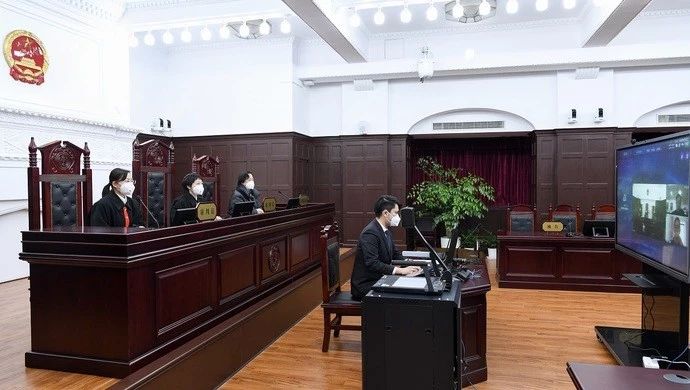
The "online court" approach not only facilitates the parties but also reduces litigation costs.Cases involving marriage and family, inheritance disputes, and contract disputes.
In the future, with the support of artificial intelligence technology, perhaps "online courts" will be promoted and become the norm for trials.
-- over--